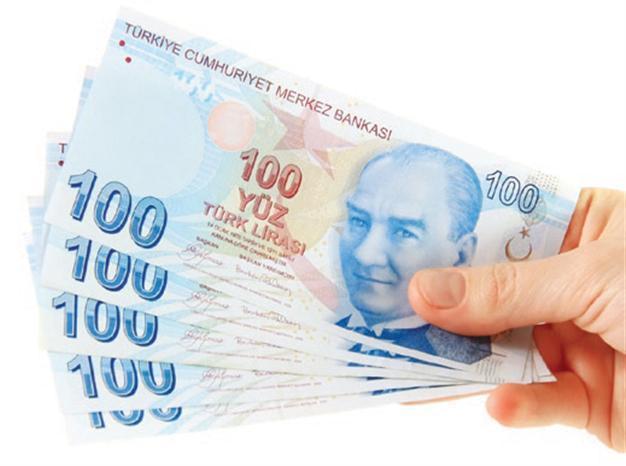Turkish Central Bank prunes rates as inflation slows down
ANKARA
 Turkey’s Central Bank trimmed its key interest rate by 25 basis points Feb. 24, taking action in the face of falling inflation and prompting a government with one eye on a June parliamentary election to call for steeper cuts.
Turkey’s Central Bank trimmed its key interest rate by 25 basis points Feb. 24, taking action in the face of falling inflation and prompting a government with one eye on a June parliamentary election to call for steeper cuts.The bank said it would keep monetary policy cautious until evidence was clear of a significant drop in the outlook for inflation, which is falling steadily but remains above the bank’s target level.
The bank cut its one-week repo rate to 7.5 percent and lowered its overnight borrowing rate to 7.25 percent. It also cut its overnight lending rate by 50 basis points to 10.75 percent and its primary dealers’ overnight borrowing rate to 10.25 percent.
Of 19 economists polled by Reuters, 14 had expected a cut in the repo rate, with eight forecasting a quarter of a percentage point, five 50 basis points and one 75 points.
“Given the rising volatility in food and energy prices, the (bank’s policy) committee decided to keep the cuts in interest rates measured,” it said in a statement.
Speaking in Budapest after the decision, Prime Minister Ahmet Davutoğlu urged the Central Bank to carry out bigger rate cuts to boost the economy.
Three weeks ago the bank scrapped plans for an early meeting to lower rates after inflation fell less sharply than it had anticipated in January, drawing thinly-veiled criticism from President Recep Tayyip Erdoğan.
Erdoğan and his ministers have become more insistent in pressing the bank to cut rates as Turkey’s economy has slowed and conflicts in neighboring countries have intensified.
Central Bank to do ‘what is right’
Borrowing costs have also tumbled in other emerging markets, with no fewer than 20 central banks having eased policy this year to counter global deflationary pressures stemming largely from a weak oil market.
Prior to yesterday’s decision in Ankara, some analysts had urged the Central Bank to hold rates arguing that, with inflation still well above target, it needed to restore credibility that the political pressure has tarnished.
Also speaking ahead of the rate cut, Finance Minister Mehmet Şimşek said the Central Bank was independent and would do “what is right” considering domestic and international factors.
Şimşek said the monetary policy debate was not unique to Turkey.
“We can debate this, we can talk about this. But the point is you should not look at what is being debated but ultimately what the Central Bank does,” he said.
According to the bank’s survey of business leaders’ and economists’ expectations, consumer prices are expected to rise 6.77 percent in 2015, above the government’s target of 5 percent.
The lira firmed slightly to 2.4710 against the dollar after the rate decision from around 2.4780 beforehand.
















